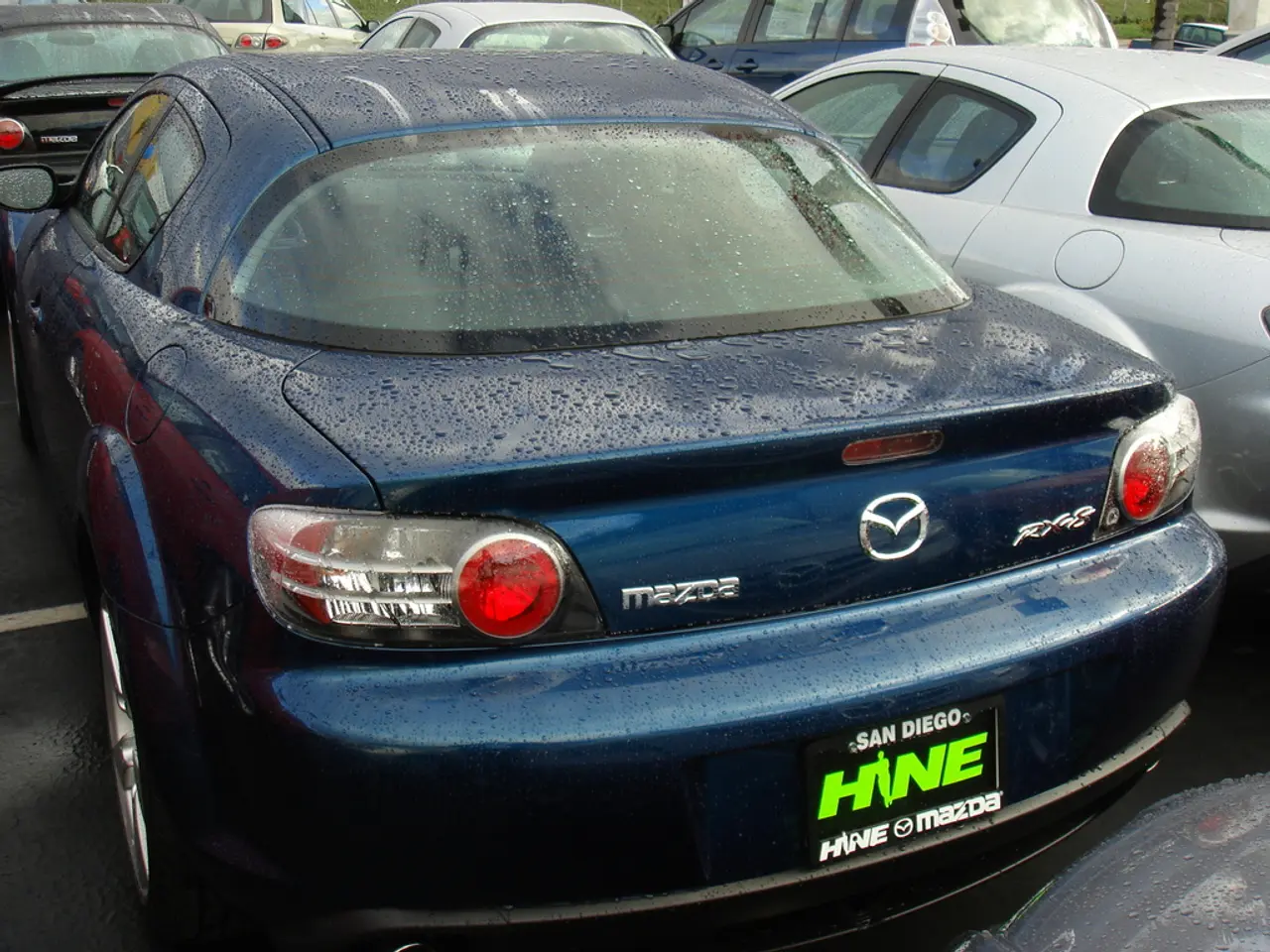Cookies employed by Autovista24 aim to enhance your user experience
In the first two months of 2025, the French car market has witnessed a significant shift in vehicle registration trends. While petrol and diesel registrations have declined, the adoption of hybrid vehicles (HEVs) and Mild Hybrid Electric Vehicles (MHEVs) has surged, indicating a growing preference for cleaner technologies.
According to recent data, petrol registrations dropped by 27%, with 65,084 deliveries, and diesel registrations fell by 27.2%. In contrast, HEV registrations rose by 28.5%, with 57,671 deliveries, and MHEVs experienced an impressive 81.3% year-on-year growth in deliveries in February 2025, with 31,573 registrations.
This shift towards hybrid vehicles can be attributed to the new French regulations, particularly those related to environmental standards and safety. These regulations are encouraging the adoption of hybrid vehicles while both battery-electric vehicles (BEVs) and internal-combustion engine (ICE) registrations are declining.
In the past year, BEV sales dropped by about 2.55%, while PHEV registrations fell by 10.16%. However, HEVs saw a strong growth of 36.2%. This suggests that while BEVs are growing in the broader European context, in France, the market is shifting towards hybrids rather than a direct one-to-one replacement of ICE vehicles by BEVs.
The growing hybrid adoption is doing much of the "heavy lifting" in decarbonizing the French vehicle fleet. Additional context includes French low emission zone regulations requiring environmental stickers (Crit’Air) that restrict access for higher-polluting vehicles in many cities, further encouraging the use of cleaner vehicles like BEVs and hybrids.
The rules also include new safety standards such as mandatory blind-spot warning systems on heavy goods vehicles, enhancing road safety but less directly impacting passenger car registrations.
Other key changes include the CO emission tax, which is only applicable on the date of registration and could discourage the purchase of more polluting vehicles. From 1 March 2025, the CO emission threshold for triggering a €50 malus tax will tighten to 113g/km.
As of February 2025, registered battery-electric vehicles (BEVs) are no longer eligible for the previous incentives if they were ordered before 2 December 2024. The maximum amount offered against the purchase of a new BEV dropped from €7,000 to €4,000 for households with taxable income not exceeding €16,300.
In February 2025, a total of 141,568 new passenger cars were registered, a decrease of 1,030 units compared to the same month in 2024. The plug-in market, including BEVs and PHEVs, was down 17%, with a market share of 22.1%. The French BEV market dropped by 2.1% in February 2025, with 25,335 registrations, a decrease of 538 units compared to the same month in 2024.
MHEV registrations increased by 85.4% in the first two months of 2025, with 55,920 registrations. In summary, the new French regulations are pushing vehicle buyers towards cleaner technologies, but in France, hybrids are gaining more momentum than full battery-electric models right now, while overall ICE registrations are declining due to stricter emissions and low emission zone restrictions.
- The surge in hybrid vehicle (HEV and MHEV) registrations mirrors a wider trend in the industry, where finance is increasingly being directed towards cleaner technologies, such as transportation using gadgets and technology that promote a sustainable lifestyle.
- The preference for cleaner vehicles extends beyond hybrids, as the French government is implementing stricter emission standards, affecting even the automotive technology in cars, including electric vehicles (BEVs).
- However, the decline in Internal Combustion Engine (ICE) registrations is not being directly replaced by battery-electric vehicle (BEV) registrations, as observed in the French market. Instead, there's a growing adoption of hybrids, reflecting a shift in lifestyle choices towards more sustainable options.
- The French regulations, including low emission zone restrictions, CO emission tax, and incentive changes for battery-electric vehicles (BEVs), are collectively driving a move towards cleaner vehicles across various sectors of the finance industry, reshaping both the car market and the broader transportation landscape.




